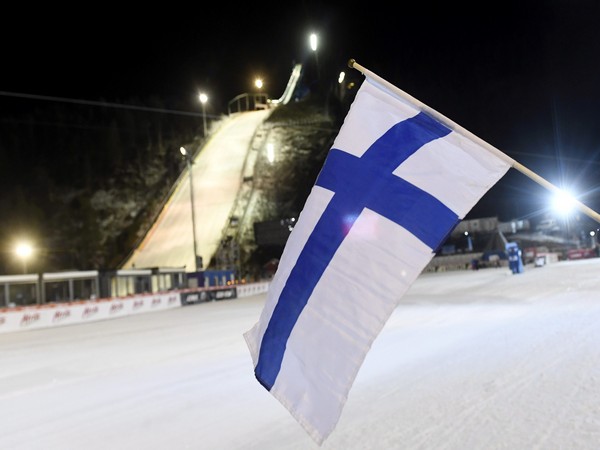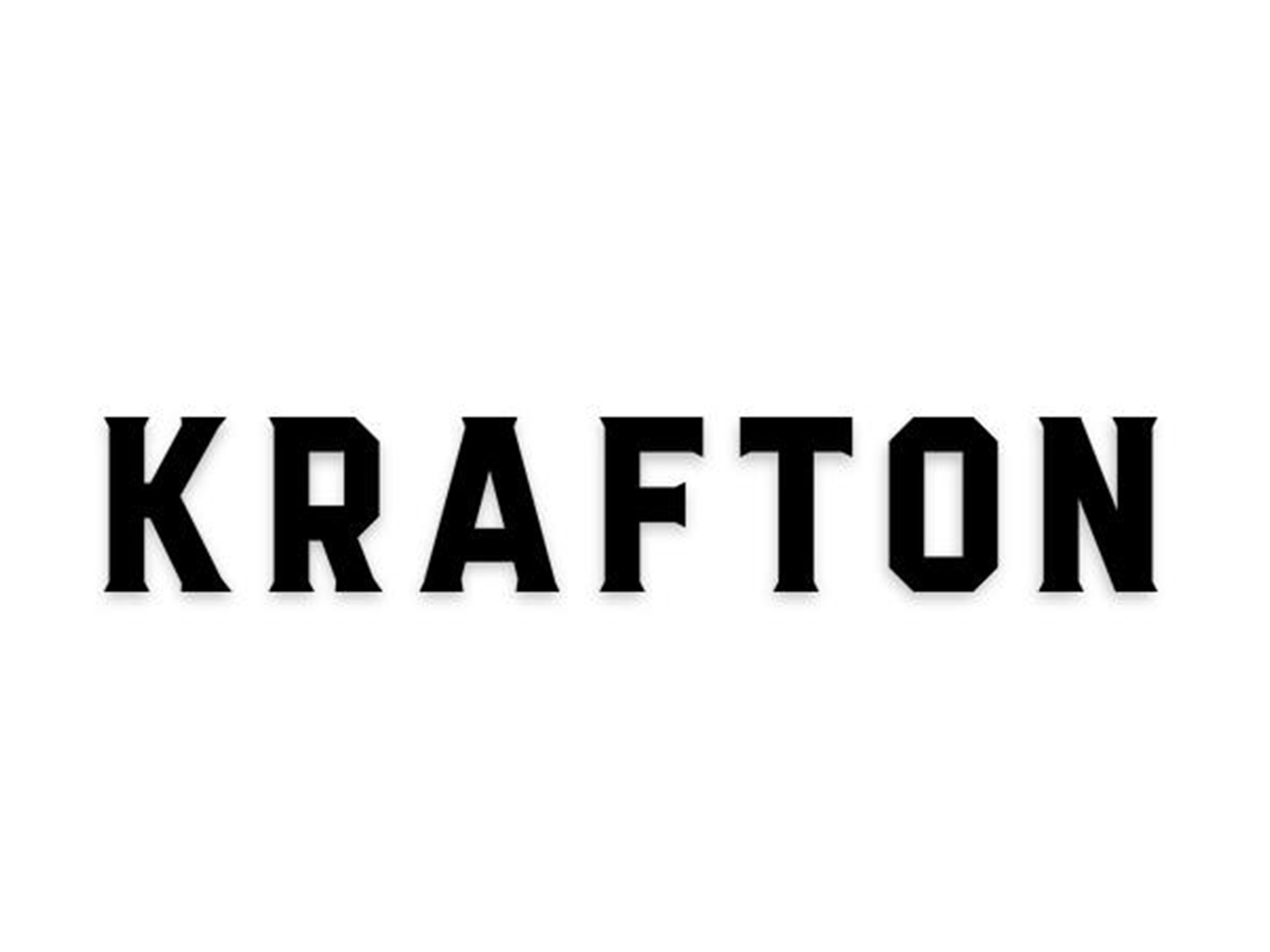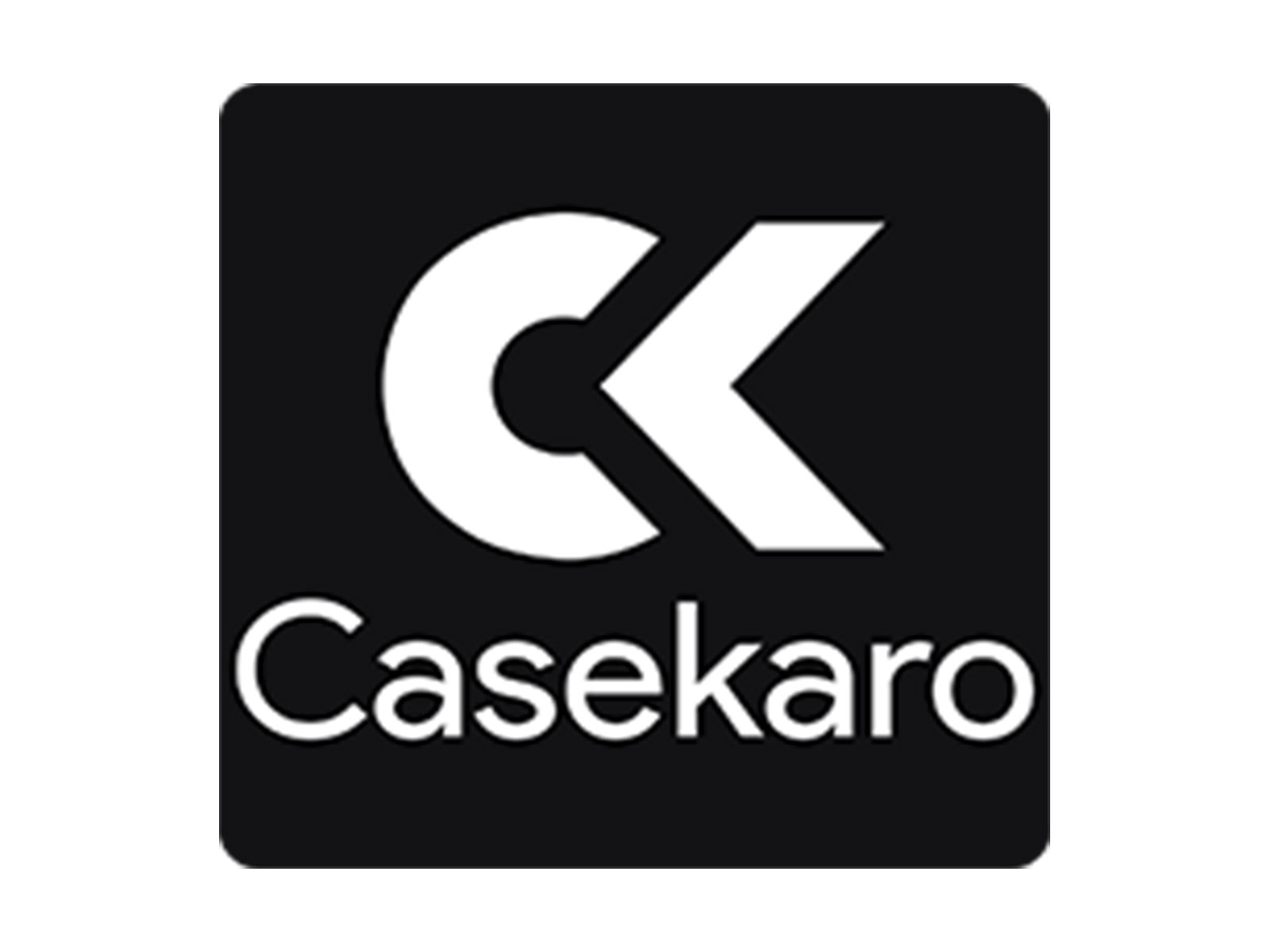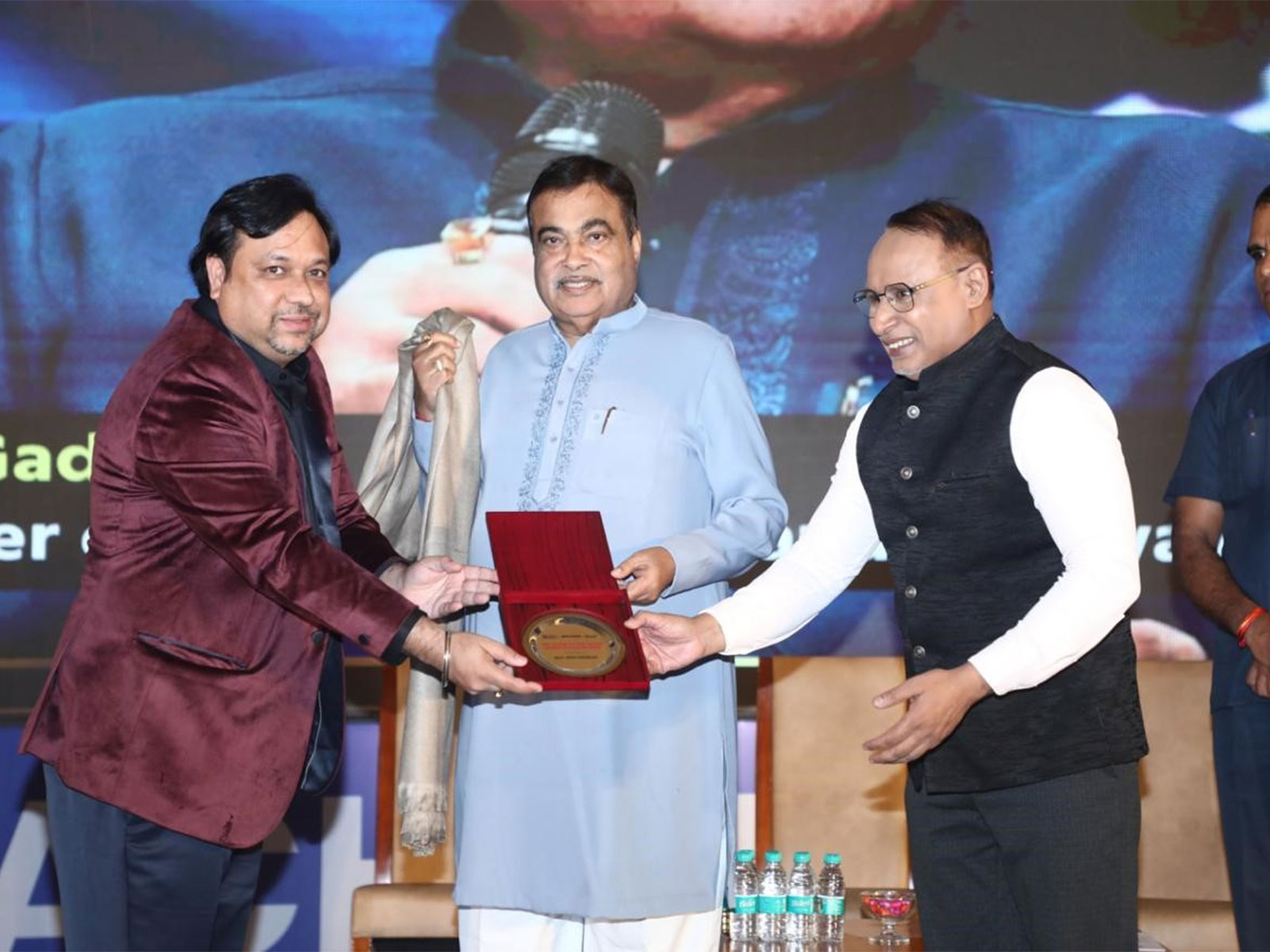
Norway's ruling Labour holds narrow election lead
Sep 09, 2025
Oslo [Norway], September 9: Norway's minority Labour Party government held a narrow election lead on Monday, projections by local broadcasters showed, in a national ballot dominated by concerns over rising living costs and wars in Ukraine and Gaza.
Projections by broadcasters NRK and TV2 after polls had closed showed the left-wing bloc of Prime Minister Jonas Gahr Stoere's Labour and four smaller parties winning 89 seats, above the 85 needed for a majority.
The Reuters Daily Briefing newsletter provides all the news you need to start your day. Sign up here.
If official results confirm the early readings, Stoere, 65, would remain in power in a minority government that would be heavily reliant on smaller parties to pass major legislation such as fiscal budgets.
To get their backing, he would likely face tough discussions over issues such as tax hikes for the wealthy, future oil exploration, and divestments by Norway's $2 trillion sovereign wealth fund from Israeli companies.
"It looks like Stoere will continue as prime minister," Jonas Stein, an associate professor in political science at the University of Tromsoe, told Reuters.
"But with a much more difficult parliamentary situation, in which he is dependent on five parties to govern. The Progress Party is having a great election. But not enough to win power," he said.
Right-wing parties headed by the anti-immigration populist Progress and the Conservatives of former Prime Minister Erna Solberg, 64, were on track for 80 seats, the projections showed.
Voter concerns over the conflict in Ukraine and an aggressive Russia, which shares a border with Norway in the Arctic, have given a boost to the left in recent months after former NATO Secretary-General Jens Stoltenberg, 66, joined Stoere's cabinet.
Many Norwegians saw the decision as a safeguard in case of a new armed conflict, given Stoltenberg's decade-long tenure as head of the western military alliance.
Some 59% of Norwegians believe a new war in Europe is likely within the next decade, up from 55% last year, according to a survey by the Peace Research Institute Oslo.
TAXES, ISRAEL, OIL
Within the right-wing bloc, early projections indicated a shift further to the right, with the Progress Party of Sylvi Listhaug, 47, making its best-ever showing in an election.
The party was projected to win at least 43 seats, more than double its current total and making it the country's second-largest party.
Listhaug, a onetime firebrand who cites Ronald Reagan and Margaret Thatcher as her role models, campaigned on what she said was wasteful public spending on areas such as international aid and subsidies to green energy.
Her party's promise of large tax cuts appeared to have resonated with many voters.
Still, none of the right-wing parties that are expected to win seats have sought the backing of U.S. President Donald Trump or his movement, unlike some of their counterparts elsewhere in Europe.
Also looming large in the final weeks of the election was the war in Gaza, with Stoere's smaller allies calling for Norway's $2 trillion sovereign fund, the world's largest and a major source of the country's wealth, to divest further from Israeli companies.
Source: Fijian Broadcasting Corporation









